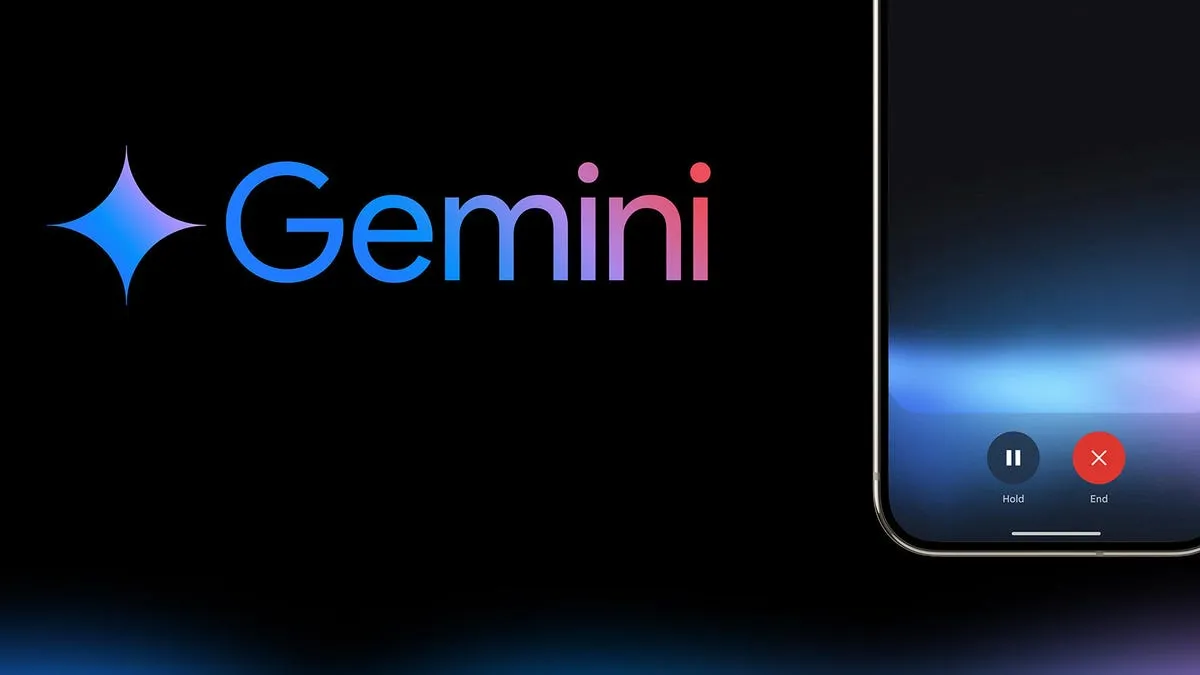
In an exciting development for language enthusiasts, Google has introduced three groundbreaking AI experiments designed to assist users in learning foreign languages while on the move. These innovative tools leverage Google's Gemini large language model to identify objects and situations in a user’s immediate environment, providing real-time translations that empower users to ask for help or engage in conversations seamlessly.
If you're eager to try out these new features, head over to the Google Labs webpage where you can access the experiments directly. Unlike traditional applications, these experiments don’t require any downloads. Users can simply click on the desired experiment and start typing their prompts to dive into the world of language learning.
With the launch of these AI-driven tools, Google is positioning itself against other prominent language-learning platforms. Recently, Duolingo's CEO announced a shift towards an AI-first approach, while OpenAI's ChatGPT offers the capability to initiate foreign-language conversations at any moment. This competitive landscape highlights the growing importance of AI in language education.
One of the standout features, Tiny Lesson, allows users to describe their current situation to receive tailored vocabulary and grammar suggestions. This tool is particularly useful for learning how to articulate specific problems to locals. By providing context, Tiny Lesson aids users in forming questions and phrases they may not yet have mastered, enhancing their conversational skills in real-time.
The Slang Hang tool promotes a more relaxed approach to language learning, encouraging users to engage in casual conversation rather than adhering to strict grammatical rules. This feature simulates dialogues between native speakers, allowing users to discover the meanings of various words and phrases. However, users should be aware that the AI model may occasionally misidentify words, so it’s advisable to verify translations with additional sources.
The final tool, Word Cam, utilizes the Gemini model to detect objects in photographs taken by the user. This feature provides translations for items in your surroundings, facilitating a better understanding of the language you're learning. While Word Cam is an excellent resource for describing your environment, users should double-check the accuracy of the translations, as Gemini may not always label objects correctly.
The language-learning experiments are part of Google's initiative to inspire developers to explore various use cases using the Gemini model. According to Google representative Maggie Shiels, these tools aim to promote bite-sized lessons that are convenient and accessible. However, it's important to note that these features are not permanent products and will eventually be phased out.
Currently, Tiny Lesson, Slang Hang, and Word Cam support translations for several languages, including Arabic, Chinese, English, French, German, Greek, Hebrew, Hindi, Italian, Japanese, Korean, Portuguese, Russian, Spanish, and Turkish. While these tools are still in the experimental phase, they represent a significant step forward in the realm of AI language learning.
As Google continues to innovate, developers and users alike are encouraged to experiment with these new features, enhancing their language learning journey with the power of AI.